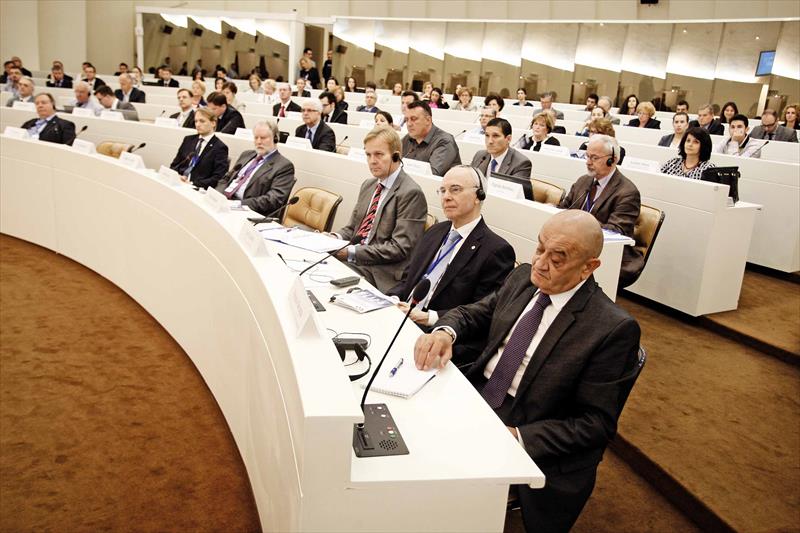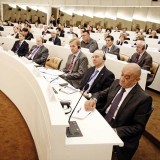Speaking at the ‘Conference on Employment Growth – on a Road to Recovery’ in Sarajevo today, the Head of the Delegation of the EU/EU Special Representative Ambassador Peter Sorensen underlined the centrality of tackling unemployment in Bosnia and Herzegovina. He noted that the six areas for reform identified at the Forum for Prosperity and Jobs in May this year are highly relevant to the objectives of today’s conference. As a next step the EU will host an expert seminar in Banja Luka on 15 July. The outcome of these wide consultations will later this month be presented to serve as guidance for economic reform efforts in BiH over the coming period.
“It all begins and it all ends with employment,” Ambassador Sorensen said, noting that the need for structural reforms was evident in the fact that “in Europe, in order to bring down unemployment you need approximately 2% GDP growth. In Bosnia and Herzegovina, you need 6%.”
The Ambassador pointed to high taxes and contributions on personnel as reasons why employers in BiH might think twice about employing people. The current levels of payment for these things “act a significant deterrent to employment,” he said, adding that, “it also often results in employers deciding not to tell the government that they have employed an individual. Workers thereby get into the grey economy, and they have reduced access to social welfare: they do not contribute to the pension and health system and they are therefore not active participants.” He said that while in April 2013 550,000 people in BiH were registered as unemployed, if the ‘grey economy’ is discounted, the number may be in the region of 190,000. Youth unemployment was marked out as an area for action: “[The youth] have little employment history. One in eight in the category from 16 to 24 year olds is employed in Bosnia and Herzegovina. In Europe more widely, it is one in three. It is very difficult for them to find work. They might even be ready to accept temporary engagements to work to get a start in life, so they can get into the market… And that means that they are often driven into the grey economy.”
Ambassador Sorensen also stressed the important of tackling the “doing business” issues such as ensuring the tax burden on businesses in BiH is not a disincentive and ensuring that access to relevant permits could be done efficiently. In relation to the private sector in general he said that BiH “needed proper investment plans, we need corporate governance to be beefed up to the European standards, we need access to finances, we need an insolvency framework.”
The need to have social protection systems to ensure that those in real need can get assistance was highlighted – Ambassador Sorensen referred to studies that show that BiH has the highest level of government spending on social assistance in the region but has the lowest percentage of vulnerable people that actually benefit from this assistance.
Read the full speech by Ambassador Sorensen here: http://archive.europa.ba/News.aspx?newsid=7166&lang=EN







